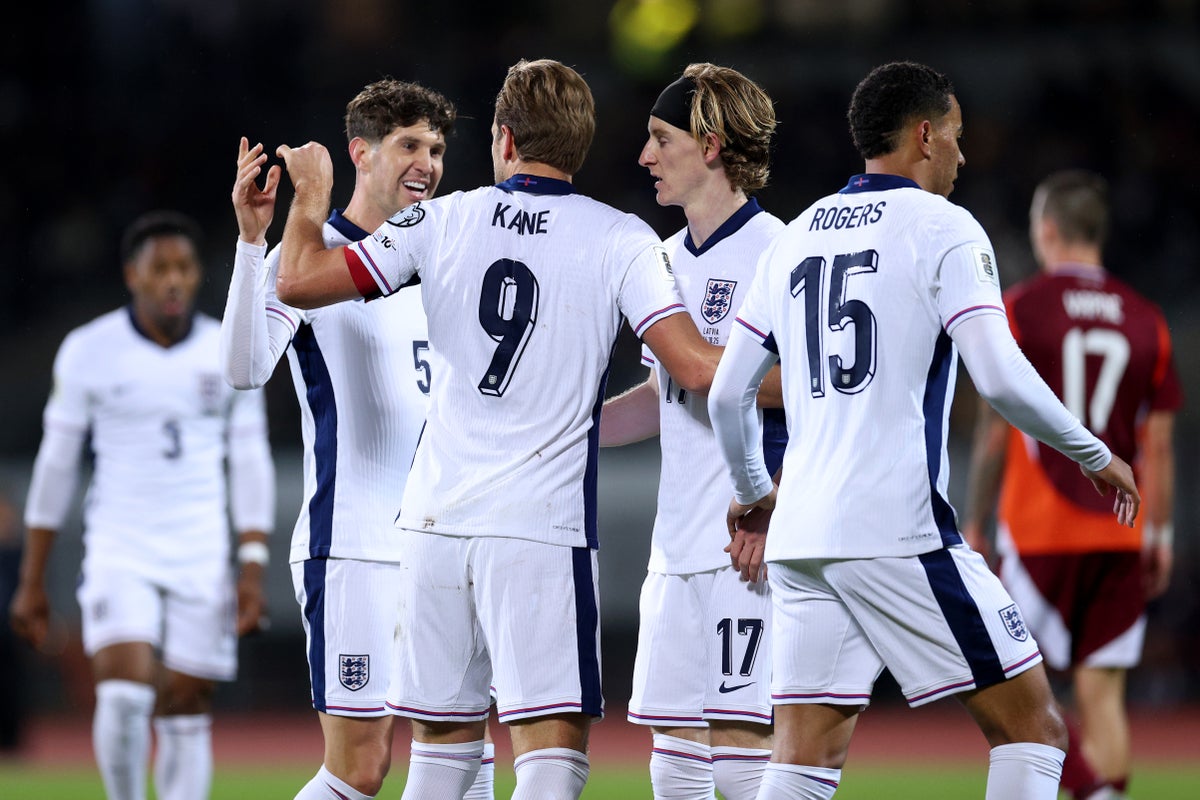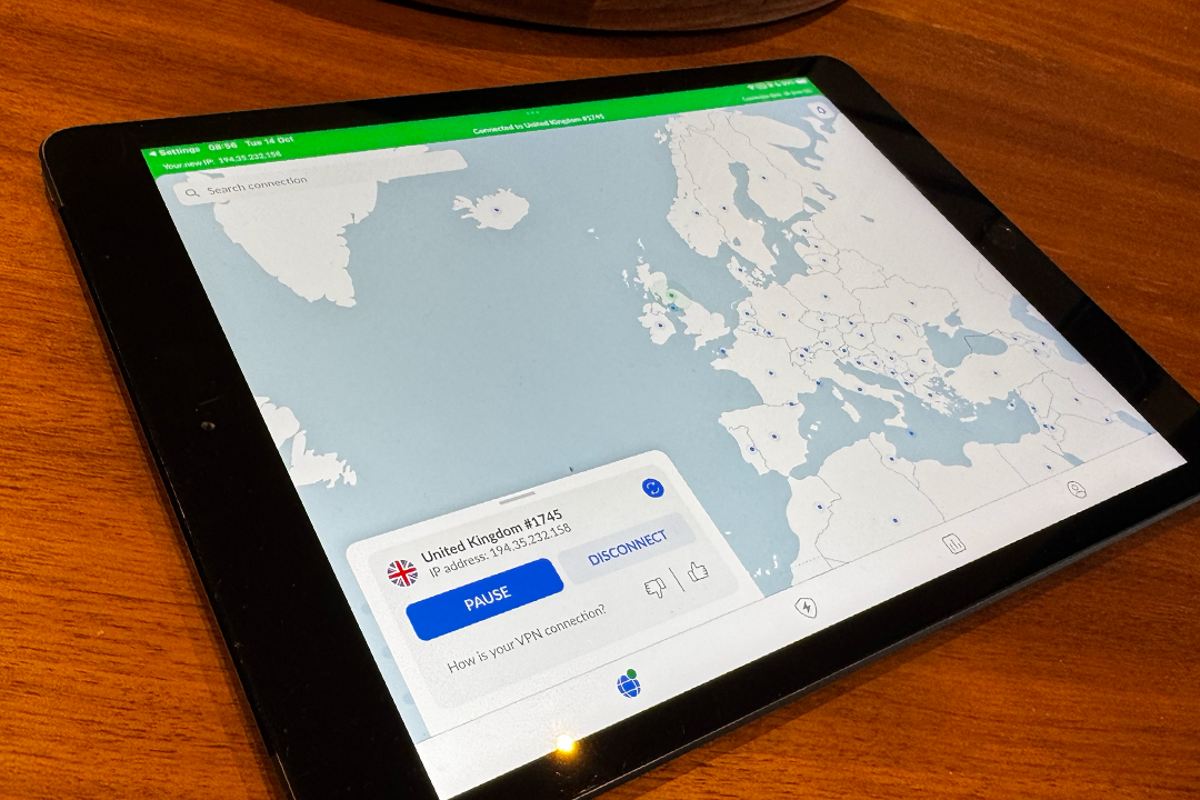In economics, as in much of life, everything is relative. The latest forecasts from the IMF for the world economy – as well as for British prospects in particular – are of the “glass-half-full” variety.
In global terms, the position over the next few years will most likely not be as bad as the IMF had thought in its spring forecast, or in its summer updates. That’s principally because Donald Trump’s new tariffs are neither as high as expected, nor have they triggered a much more powerful global wave of protectionism.
The net effect on trade, therefore, has been to divert imports and exports in line with the pattern of tariffs. As exports of manufactured goods from China to the United States have declined, they have increased between China and the rest of the world. The global economy has proved more “resilient” than hoped for.
Thus, global growth will be higher this year than next than previously thought – but much less virile than in previous decades, or than it would have been absent President Trump’s historically high and sometimes erratic taxes on imports. The uncertainty that US tariffs have created has stabilised – but, as the recent renewed trade hostility towards China demonstrates, the future path is highly uncertain.
The slowdown in trade between the world’s two biggest economies has damaged them and the entire world. When President Trump claims, as he does often, that the United States is the “hottest economy” in the world, his audience should be aware that the statistics suggest otherwise, and that it was even hotter under his “sleepy” predecessor, Joe Biden.
For an open economy such as the UK, the slowdown in world trade and the continuing malign effects of Brexit continue to depress living standards. Politicians, at least when in power, are naturally “glass-half-full” personalities, so Rachel Reeves, the chancellor, has seized upon a very modest upgrade in the growth estimate for 2025 (from 1.2 per cent to 1.3 per cent) and ignored the downgrade for 2026.
But no longer can she hope that Britain will boast the fastest growth in the G7 by the end of this parliament; now, it will suffer the highest inflation. It all means the Bank of England will remain highly cautious about lowering interest rates, mortgage bills and the cost of working capital to businesses. The cost of living crisis, in other words, looks like it’ll be dragging on for even longer.
Food prices are a special concern for the poorest households. The “misery index” – an informal measure used by economists that crudely adds inflation to the unemployment rate – looks like ticking higher, too, as the recent jobs data confirms.
And then there is the Budget, with tax increases universally expected next month. If anything, the metaphorical glass will be looking distinctly empty by the time Christmas comes around.
The political consequences of this depressing vista are all too obvious. It is impossible for things to improve sufficiently by next spring for Labour to avoid a further round of catastrophic election results. No longer can Sir Keir Starmer look forward, as he could at the time of the general election last year, to Labour at last regaining control of Scotland, retaining Wales and making more progress across local councils. Instead, it looks like another retreat, and more questions about the party leadership – even though there’s no evidence that any of the prime minister’s rivals have much of a viable alternative to offer.
In such circumstances, Sir Keir and Ms Reeves have to make a case for what the government is doing and why. This failure to construct a “narrative” has, in fact, been the most serious error the government has made since coming to office – from which all the other mistakes have flowed. There is still no sense of an economic strategy, where individual policy choices on taxation, public spending, social security, investment, planning and trade can be set in context.
The prime minister is said to be keen on reminding the public that Britain’s current economic problems have been exacerbated by Brexit, the failed project which is in the joint ownership of the Conservatives (currently led by a devout Brexiteer) and Reform UK, which actually advocates “more Brexit”. Pinning the blame on the right is all very well, but what is the prime minister’s answer when an exasperated public asks him what he is going to do about Brexit, beyond his limited renegotiation of the EU trade deal?
Labour’s campaign song at the 1997 election was “Things Can Only Get Better”. The country is entitled to know when and how that is going to happen – or must the glass stay half-empty?

.jpeg)







.jpg?width=1200&height=800&crop=1200:800)














.jpeg)













 English (US) ·
English (US) ·